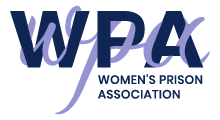Fighting for Justice Since 1845
A legacy of change
As the nation's first organization for systems-involved women, WPA has taken the lead on innovative criminal justice reform initiatives and programs. We have been at the forefront of groundbreaking legislative change, advocated for the rights of incarcerated women and children, and implemented gender-responsive strategies that focus on the unique experiences of justice-impacted women.
For nearly two centuries, we have fought alongside women and LGBTQIA+ people who have been marginalized by violence, poverty, racial bias, disability discrimination, and systems of oppression. As the need for WPA remains and even grows, we are steadfast in our commitment to empower women as they redefine their lives in the face of injustice and incarceration.
"WPA taught me that I am not alone in this journey—there are so many others who share pain and experiences similar to mine. Most importantly, there are members within our society, strong advocates for reform, willing to go the extra mile in order to promote change for women like me.”
— Cecile, WPA Participant
Leading the Movement
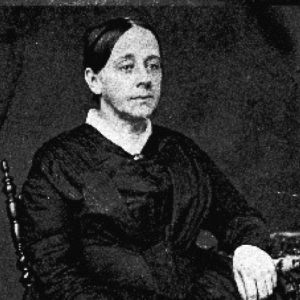
1845
Abby Hopper Gibbons, a fervent abolitionist from a Quaker family, establishes the female department of the Prison Association.
WPA becomes the first systems-involved women’s rights organization.
“I have seen with my own eyes, and have heard with my own ears, what they are subjected to; and I know of a truth there are abuses and outrages in all of these prisons, that should never be permitted.”
– Abby Hopper Gibbons
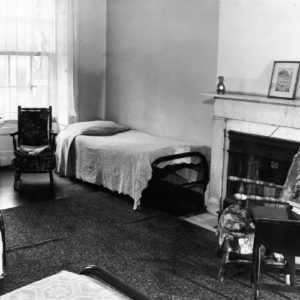
1847
WPA opens Hopper Home, the nation’s first halfway house for girls and women released from prison. There, they participate in programs that help them improve practical skills and find job placement after release, often in domestic work.
A year later, American novelist Catharine Sedgwick becomes the first Director of the WPA, establishing herself an ardent leader in prison reform.
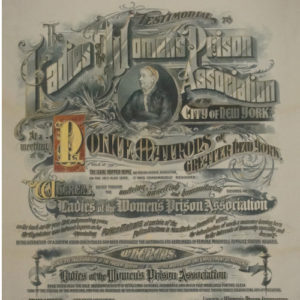
1887
The Police Matron's Bill is signed into law after decades of ceaseless lobbying by WPA to protect incarcerated women from abusive practices.
This bill directly leads to the building of a separate facility for women, the Bedford Hills Correctional Facility. Abby Hopper Gibbons is involved in the project until her death in 1893 at 91.
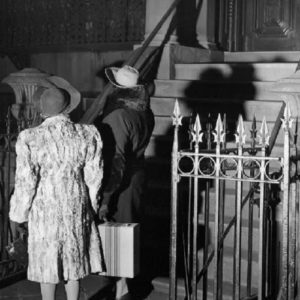
1929
In response to the growing number of incarcerated Black women, Hopper Home hires a Black social worker, becoming one of the first integrated social service agencies.
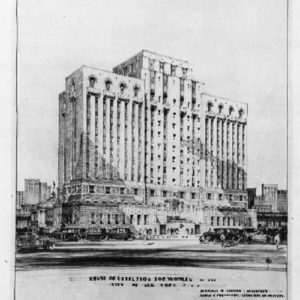
1931
To prioritize women's mental health, WPA employs the first psychologist and psychiatrist at the House of Detention, a women's prison in Manhattan.
WPA later establishes a group therapy program at the House of Detention in the 1940s.
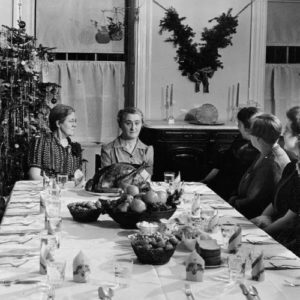
1945
WPA turns 100. With World War II happening, the Centennial is commemorated modestly.
“We have, as always, had a warm meal or a clean bed for the girl who needed it. Our services have been extended to as many as we could take care of and we believe that the value of our contacts has deepened. We are proud that we have never, in our long history, discriminated because of race, religion or color. The tranquil association of all in our home has been a tradition with us.”
– 1945 Annual Report
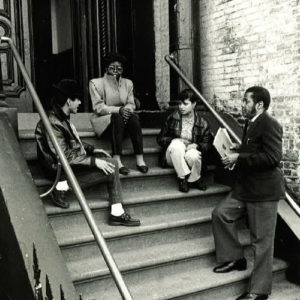
1972
WPA offers an alternative to prison via a court diversion program.
This community-based solution allows participants to live in Hopper Home, receiving professional and peer counseling and job training and placement.
“The people we work with are adults. We treat them that way. We do not make decisions or plans for them. We do not attempt to take responsibility for their actions. We do help to guide in decision-making by providing resources.”
– 1972 Annual Report
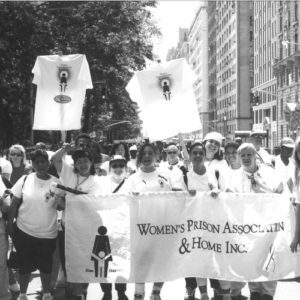
1992
WPA becomes the first community partner to AIDS Counseling & Education (ACE), a peer-based program created and facilitated by women incarcerated at Bedford Hills Correctional Facility.
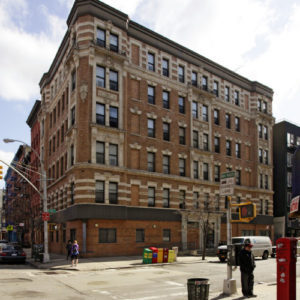
1994
WPA opens Sarah Powell Huntington House (SPHH), New York State’s first family reunification program for formerly incarcerated women experiencing homelessness.
SPHH reunited over 300 women with their children in the first ten years after opening.
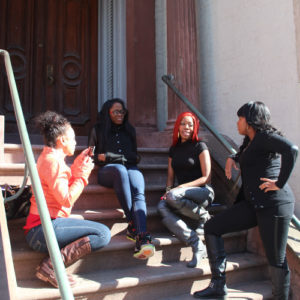
2012
WPA opens the nation’s first home-based alternative to incarceration program for women, JusticeHome, enabling them to remain with their families and in their communities while receiving critical support and court advocacy.
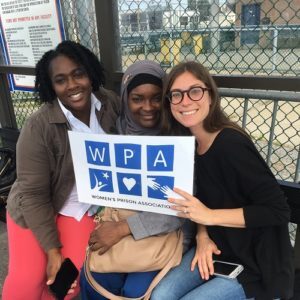
2019
WPA launches the Survivor’s Advocacy Project to support survivors of trafficking and intimate partner violence on Rikers Island. WPA advocates for the release of survivors, connects them to services, and trains other providers in identifying signs of trauma and trafficking.
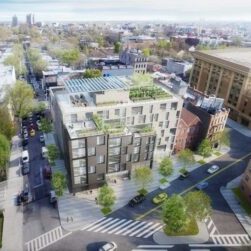
2025
WPA opens The Rise in Brownsville, Brooklyn, a permanent housing facility for justice-impacted individuals and their families.
Our Commitment
WPA empowers women and LGBTQIA+ individuals to redefine their lives in the face of injustice and incarceration, giving them opportunities that reduce recidivism and build limitless and fulfilling futures.
Our Solutions
WPA offers comprehensive, community-driven services before, during, and after incarceration. We work to reduce recidivism, support families, and address the root causes of systems involvement.
